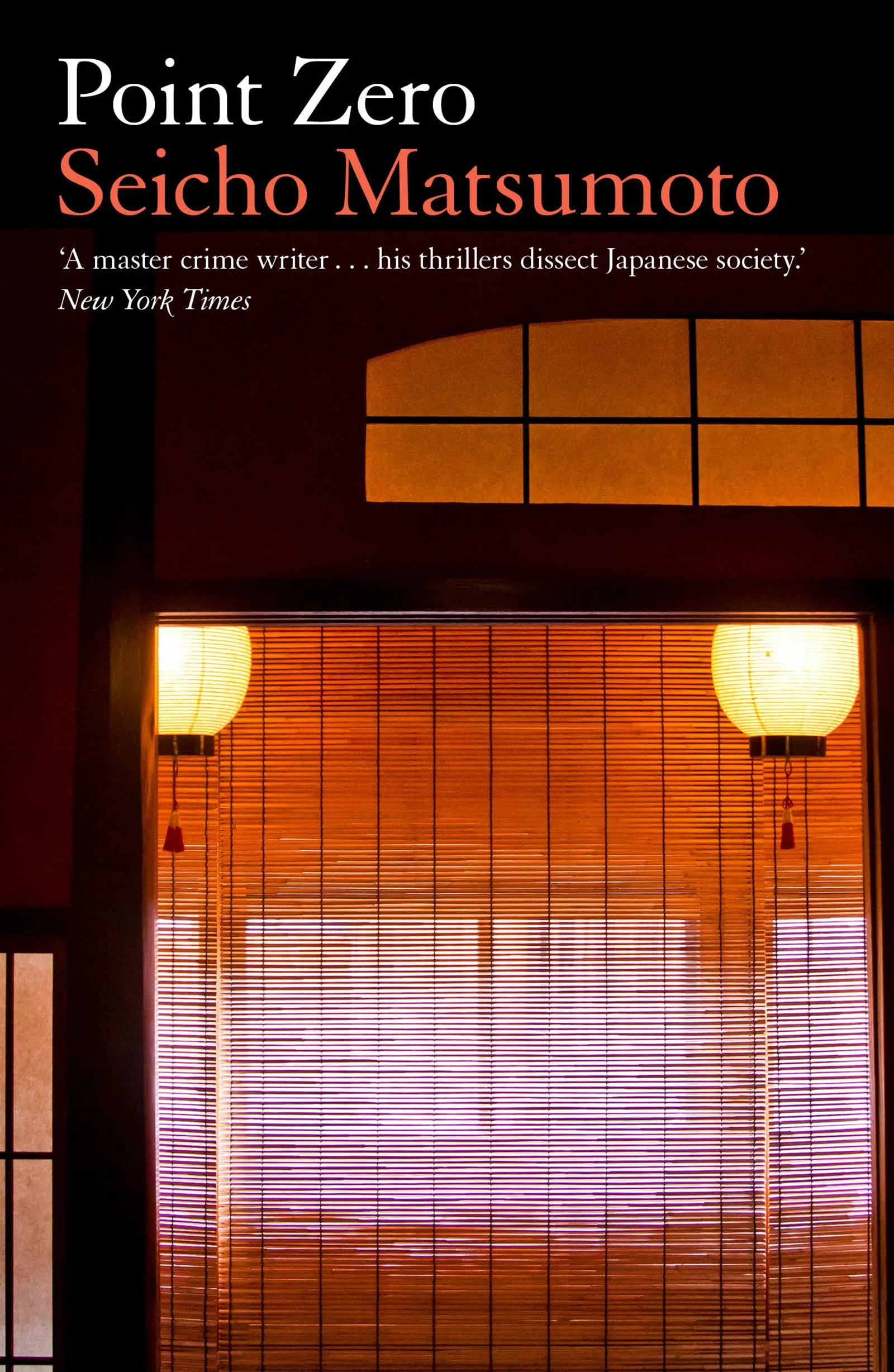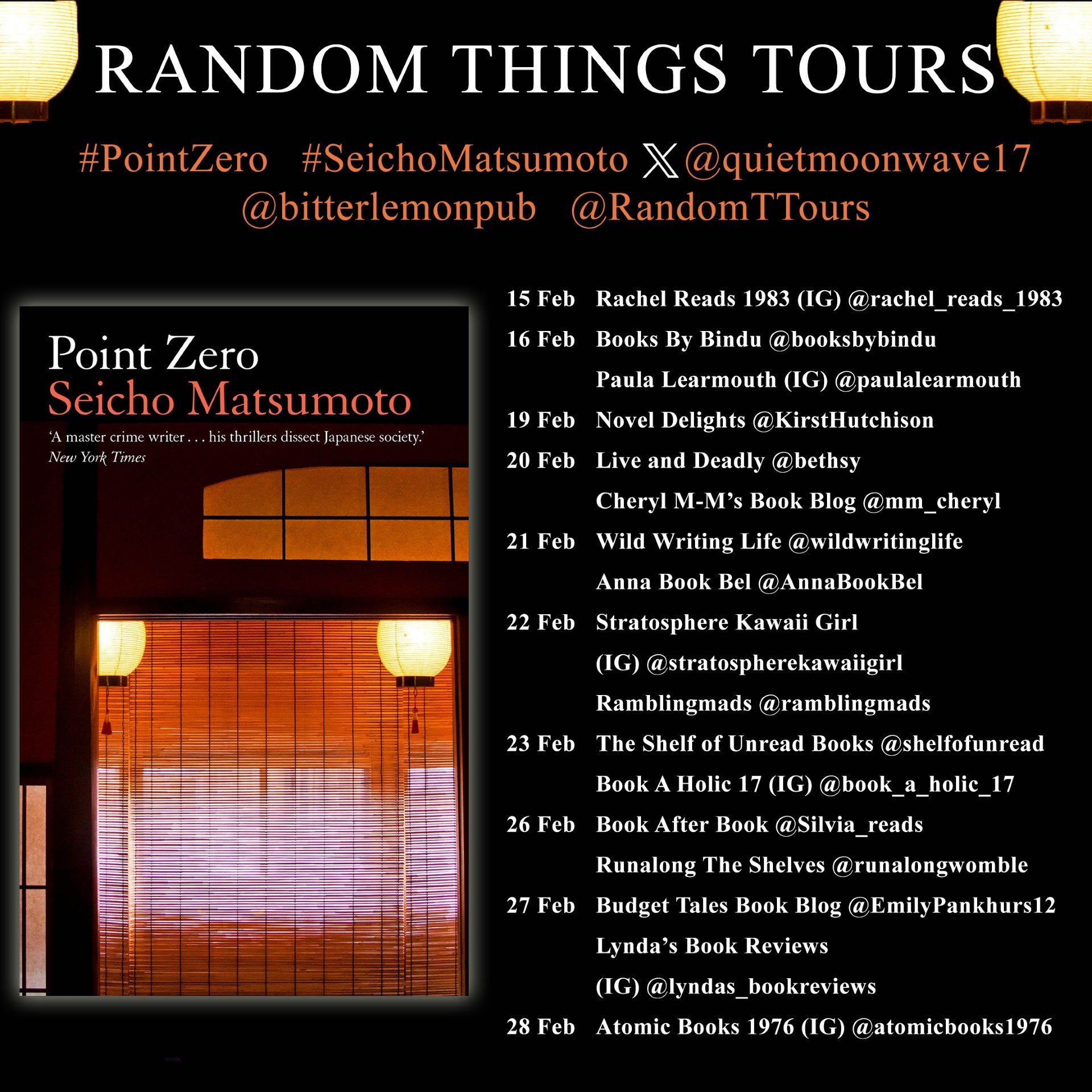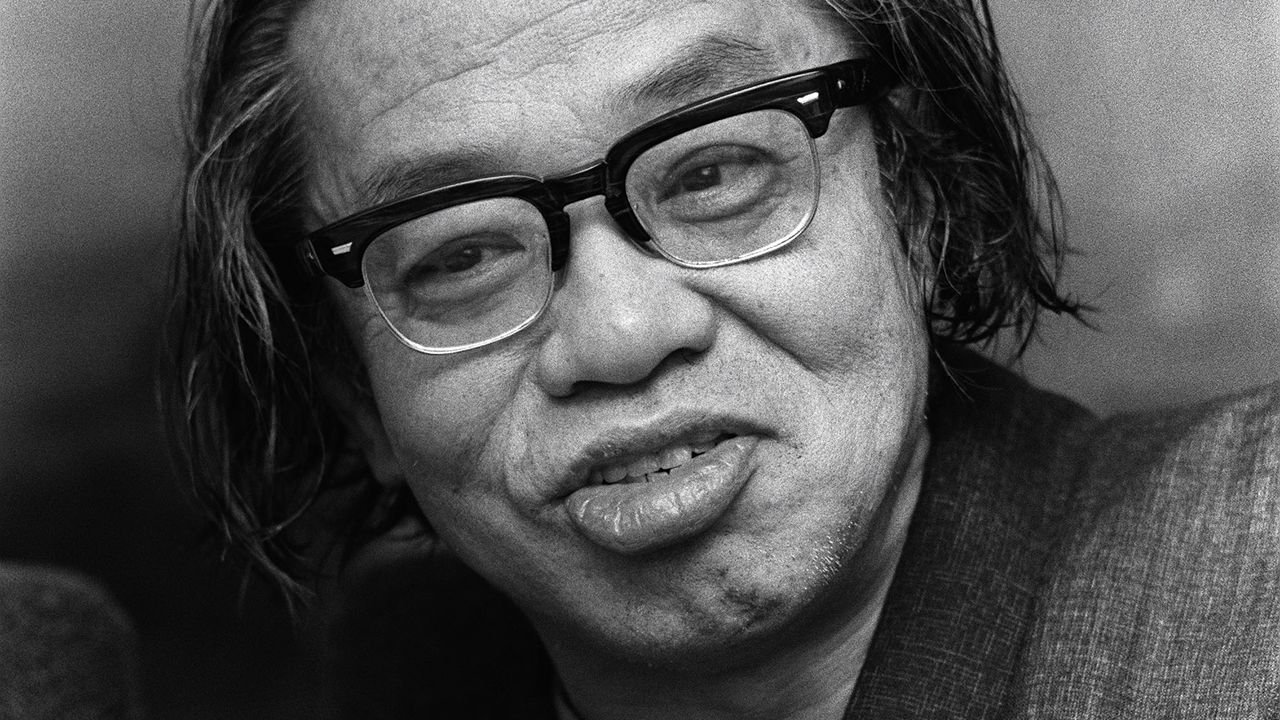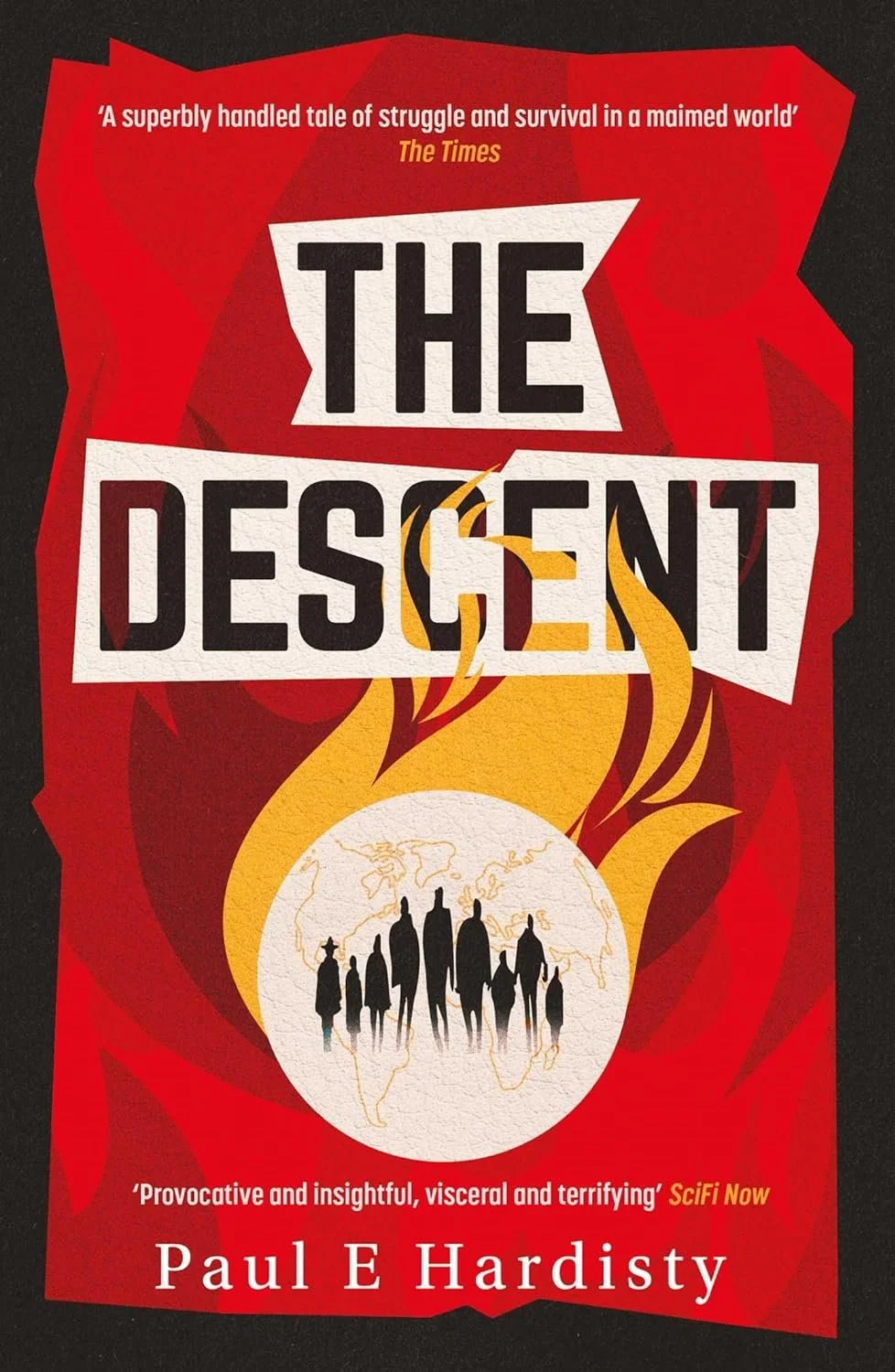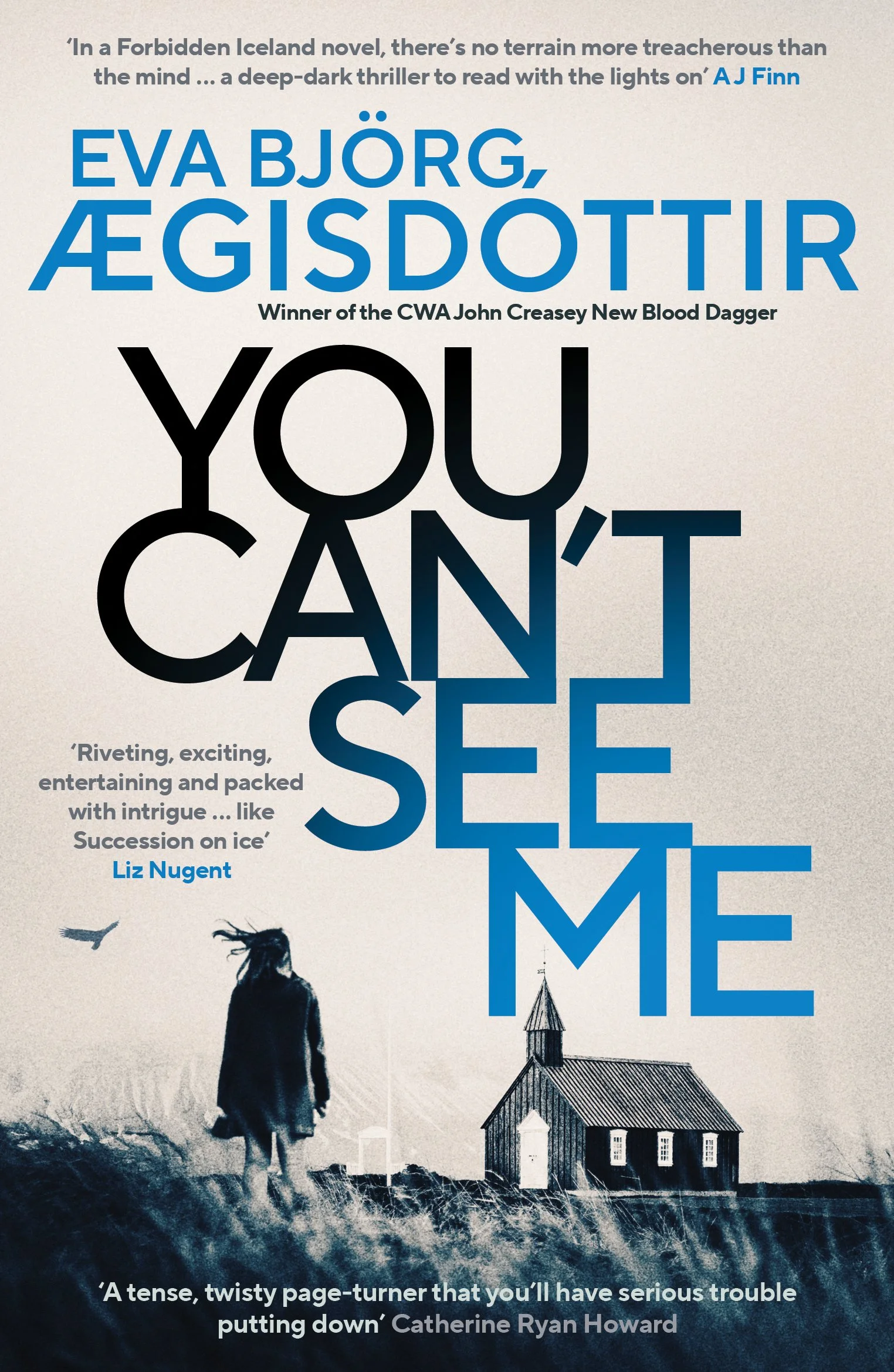Point Zero by Seicho Matsumoto
Tokyo, 1958. Teiko marries Kenichi Uhara, ten years her senior, an advertising man recommended by a go-between. After a four-day honeymoon, Kenichi vanishes. Teiko travels to the coastal and snow-bound city of Kanazawa, where Kenichi was last seen, to investigate his disappearance. When Kenichi’s brother comes to help her, he is murdered, poisoned in his hotel room.
Soon, Teiko discovers that her husband’s disappearance is tied up with the so-called “pan-pan girls”, women who worked as prostitutes catering to American GIs after the war. Now, ten years later, as the country is recovering, there are those who are willing to take extreme measures to hide that past.
About the author
Seicho Matsumoto (1909-1982) was Japan's most successful mystery writer. His first detective novel, Points and Lines, sold over a million copies in Japan. Vessel of Sand, published in English as Inspector Imanishi Investigates in1989, sold over four million copies and became a movie box-office hit.
About the translator
Louise Heal Kawai is a translator of Japanese literature based in Yokohama. She previously translated Seicho Matsumoto’s A Quiet Place for Bitter Lemon Press. She is the translator of other works in the mystery genre, including Seishi Yokomizo’s The Honjin Murders and Death on Gokumon Island, and Seventeen and The North Light by Hideo Yokoyama.
Review
Seicho Matsumoto is regarded as one of the greats of Japanese crime fiction and I jumped at the chance to read this book. Set in 1958, in a Japan that is recovering from WWII we are introduced to a newlywed couple Teiko and her older husband Kenichi as they are about to embark on their honeymoon. Four days later Kenichi vanished and it is up to Teiko to follow the clues and investigate her husband’s disappearance.
Teiko’s brother comes to help but is soon found poisoned in his hotel room. Soon, Teiko realises that this is all to do with the ‘pan pan girls’ - prostitutes provided to American GIs after the war. The beauty of this book is not so much the mystery but how Matsumoto shows us the reality of Japanese society, its culture and its economy after the war and the lasting impact it has had on them. Matsumoto is also able to convey the beauty of the story's location with such beautiful prose. As you become more immersed in the story the sense of place wraps itself around the reader and you really feel the coldness that Teiko is experiencing. As the mystery unfolds the depth of winter progresses hand in hand as a visceral reminder that everything in nature and life happens in concordance and is related.
Japanese literature I find is more nuanced and doesn't just rely on the mystery to make it an extraordinary read. Yes, the mystery is important and in this case it was very compelling but this story is also a snapshot of history and culture. It's a part of history I didn't know much about and it's important we learn about it from contemporaries of that era. It's also a psychological novel as we are placed into the consciousness of Teiko and really are immersed into her place in the world and what she thinks of it.
This was a brilliant read and I loved every minute of my time spent in Teiko’s world! Let me know if you pick this one up.

